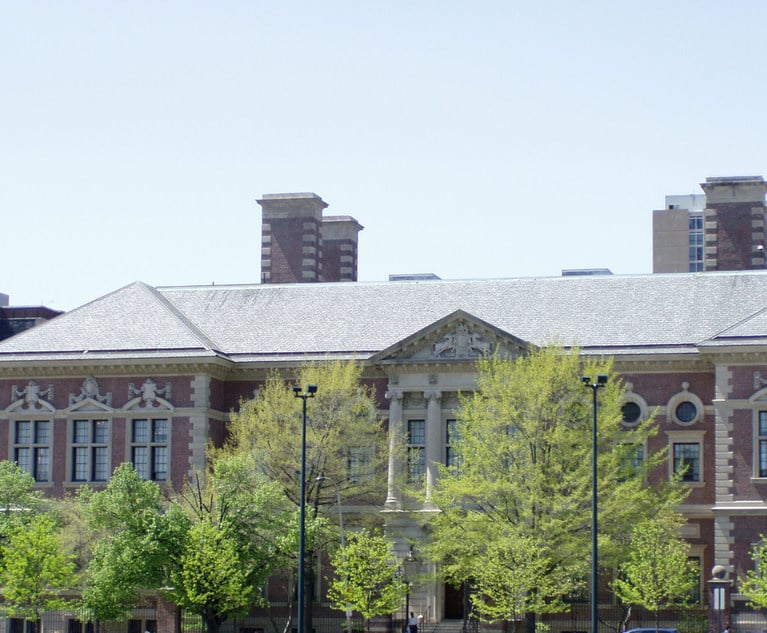The U.S. Court of Appeals for the Fifth Circuit recently ruled that a suspect handcuffed and standing outside of a police car for 15 minutes, on a “dark street,” in the middle of the night is not entitled to be informed of his constitutional right to an attorney and his right to not answer questions. More compelling is the fact that five of 12 circuit courts agree with this interpretation of a fundamental constitutional protection.
In 1966, the U.S. Supreme Court ruled in Miranda v. Arizona, 384 U.S. 436 (1966), that police officers are required to inform a suspect that he has the right to remain silent and the right to legal counsel when being subject to a custodial interrogation.
This content has been archived. It is available through our partners, LexisNexis® and Bloomberg Law.
To view this content, please continue to their sites.
Not a Lexis Subscriber?
Subscribe Now
Not a Bloomberg Law Subscriber?
Subscribe Now
LexisNexis® and Bloomberg Law are third party online distributors of the broad collection of current and archived versions of ALM's legal news publications. LexisNexis® and Bloomberg Law customers are able to access and use ALM's content, including content from the National Law Journal, The American Lawyer, Legaltech News, The New York Law Journal, and Corporate Counsel, as well as other sources of legal information.
For questions call 1-877-256-2472 or contact us at [email protected]


 Matthew T. Mangino
Matthew T. Mangino




